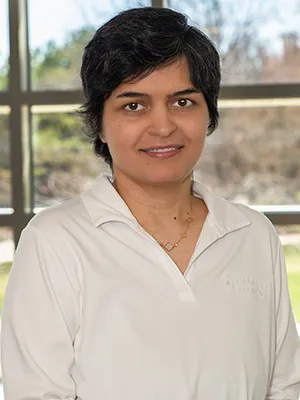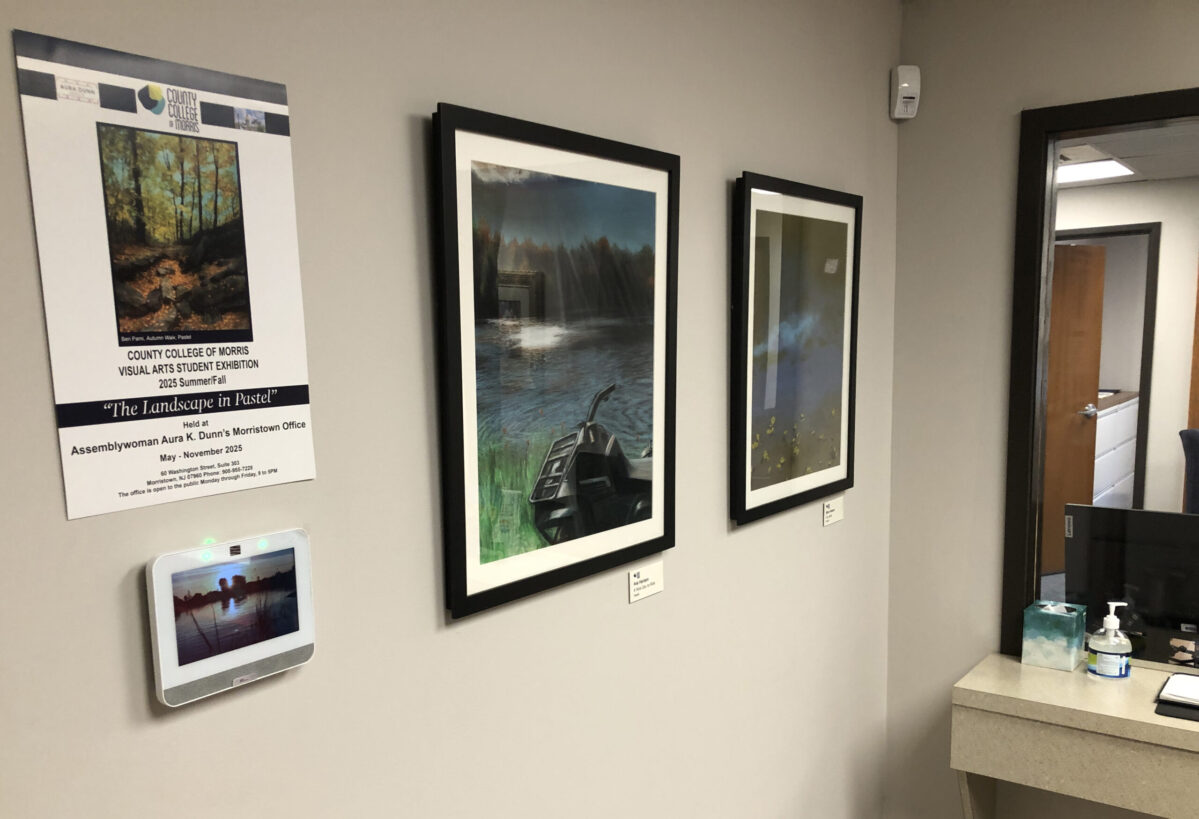What You Will Learn
Manufacturing industries hire drafters as well as architects, designers and engineers in the preparation of various stages of formal drawings. The demand for drafting jobs is expected to continue to grow through the next decade. The Mechanical Computer-Aided Drafting (CAD) program at CCM prepares you for an entry-level position as a junior drafter, drafter trainee, or drafter using CAD in the manufacturing world.
Since CAD is dependent upon the latest software, it is important for operators to stay current with developing technologies and techniques. Familiarity with the latest CAD systems increases your ability to gain employment. Many of our students continue learning to earn a CAD certificate.
Completion of the certificate is also a great entry into the associate degree of applied science program in Mechanical Engineering Technology at CCM. Courses are stackable and transfer into shortening the time required to complete your degree.
Curriculum
A 12 credit program with courses including Computer-Aided Drafting I and II and Manufacturing Process for Engineering Technology. You may choose your technical elective from the following: Computer Technology and Applications; Computer Concepts With Applications; or Introduction to Experimentation and Design.
Cooperative Education, a work-study program with local firms, is available.
Careers in the Field
With a certificate of achievement in Mechanical CAD, you can feel confident working as a Computer-Aided Designer/Drafter/Engineer or Mechanical Drafter and excel in the manufacturing industry.
According to the U.S. Bureau of Labor Statistics, mechanical drafters earned a median annual salary of $60,400 in 2022.
Why Study Computer-Aided Drafting at CCM?
- Be confident that you are prepared for an entry-level position as a Junior Drafter, Drafter Trainee, or Drafter using computer-aided drafting (CAD)
- Small class sizes enable individual attention from faculty with industry experience who deliver a real-world understanding of the field
- Gain an increase in technical skills and knowledge base within the manufacturing, materials, science, mathematics and writing to advance your career
- Use state-of-the-art computers running the latest version of computer aided drafting and design (CADD) software to aid in your hands-on CCM education
- Learn in a fully-functional prototyping lab rounding out your experience in the manufacturing process, taking idea from concept to reality
- Team based learning provide the perfect opportunity to successfully solve real-world problems
- This program is available through on-campus learning between lectures and laboratory for a better experience within the trade
Paying For Your Mechanical CAD Education
Earning a certificate in Mechanical CAD is a powerful investment that will pay off over the course of your life, in both increased earnings and job satisfaction. But what is the upfront cost, and how do you afford it?
There’s good news: Money is available to help you pay for school! Our Financial Aid staff can provide lots of information about the process of finding funds to help pay for your education.
Scholarship opportunities are available also to students pursuing the associate degree program. Please contact the Department of Engineering Technology and Engineering Science for more information.
Featured Courses
Computer-Aided Drafting (CAD) I & II
Learn the concepts and operation of engineering drawing preparation in this lecture and laboratory in this four-credit, two-semester course. Become proficient in AutoCAD to aid in reducing drawing time and improve accuracy. Additional topics include prototype drawings, blocks, attributes, x-reference, grips, paper space and development of 3-dimensional solid modeling.rn
Manufacturing Process for Engineering Technology
This course is a study of the methods of prototyping including an introduction to precision measurements, elementary theory of cutting and machining methods with emphasis on the proper operation of the manual lathe and the vertical mill. The course will also provide the student with an introduction to the Computer-Aided Manufacturing (CAM) and the related field of Computerized Numerical Control (CNC). Topics include machine setup, CNC code, both manual and computer assisted, tool offsets and tool changing.
Introduction to Experimentation and Design
A required course in the Engineering Technology programs that introduces students to the field of engineering. Students will be introduced to experimental techniques, data collection and representation, as well as the proper method for documenting experimental results. The course will also cover topics that will help students succeed in their field of study and in their college experience.
Your Mechanical Computer-Aided Drafting Faculty Advisors
Assistant Professor
Assistant Professor
Department Chairperson, Associate Professor
Assistant Professor






